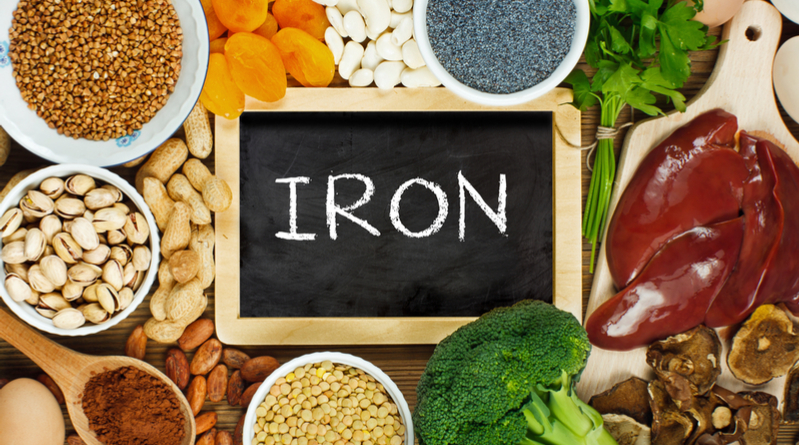Garlic is one of those herbs that sits at an almost mythic status. Your grandmother has probably told you to eat garlic as a means of taking care of yourself, specifically your memory. Well it turns out she might have been right. Read on to know if garlic really does improve your memory.
Garlic Protects Your Metabolic Health
Eating garlic has been shown to alleviate the symptoms of chronic diseases, such as high blood pressure, diabetes, and dyslipidemia. The wonderful herb can also regulate your blood sugar levels and improve insulin. This is important because treating and regulating insulin resistance at early stages can actually reduce the risk of developing Alzheimer’s disease.
Garlic Reduces Amyloid Beta Toxicity
One of the major features of Alzheimer’s disease and other memory and age related diseases, is the buildup of Beta-amyloid plaque in the brain. When beta-amyloid builds up like this, it triggers neuronal death. This makes your brain extremely vulnerable to developing disease that target memory. Eating garlic improves your mind’s defenses so that it can resist plaque buildup.
Garlic Extracts Improve Memory and Cognition in Experimental Models
When Alzheimer’s patients suffer from progressive neuron damage it can create deficits in a person’s memory and cognition. Garlic helps to prevent these type of defects by managing the biochemical pathways that are involved with brain function.
Eating garlic also affects the production of the serotonin, which is a neurotransmitter hormone. Serotonin is the ‘happy’ hormone; eating garlic for a long period of time will keep you happy and consequently boost your memory.
Active Components of Garlic Extracts Protect Bain Health
Garlic has pretty significant antioxidant levels. The antioxidants target free radicals which can cause cancer and harm your brain. They also help reduce inflammation that can affect your cognitive abilities.








